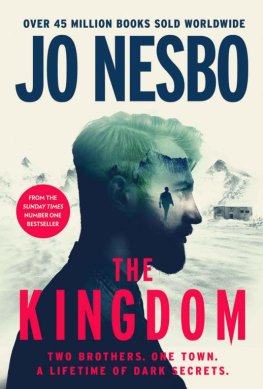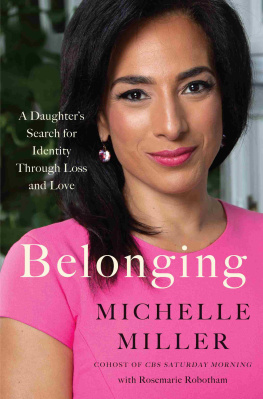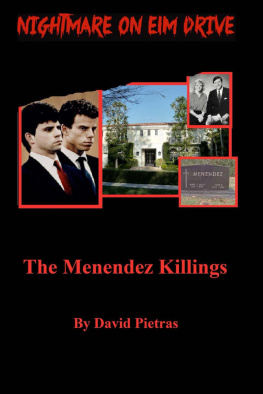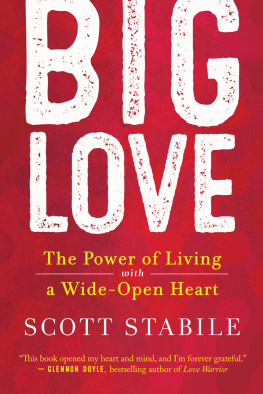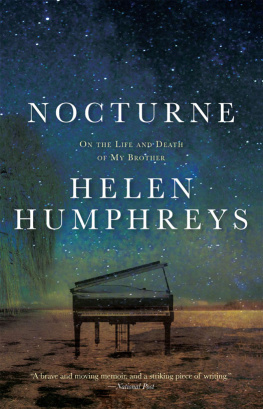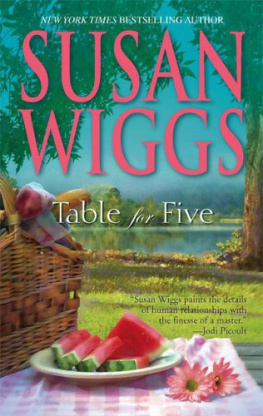For essential help and support in the writing of this book I am indebted to Andrea Beauchamp, Ethan Canin, Derek Green, Carolyne Heldman, James F. Watkins, Tobias Wolff, and, especially, Pamela Bowen Stanley, Jordan Pavlin, and Jennifer Rudolph Walsh.
A NOTE ABOUT THE AUTHOR
Scott Lasser is a graduate of Dartmouth College, the University
of Michigan, and the Wharton School. His novels include
Battle Creek and All I Could Get. A native of Detroit,
he lives with his family in Aspen, Colorado.
a cognizant original v5 release october 14 2010
I
I m dead, Sam thinks. Simple as that.
For months theyd been warned of kamikaze attacks and, initially, nothing happened. Then one day he ran down from the bridge, heard the batteries open fire and the whine of an approaching plane. He saw it, recognized the charcoal silhouette against the milky sky. A Zero. It came in low, its wings toggling through the antiaircraft blasts till it veered and disappeared behind the starboard railing.
He wakes and looks about, at the bare walls of his bedroom, then grabs a fistful of sheet and takes a moment to get his bearings. A dream. The dream. The same damn dream these fifty-seven years, the memory burned so deep that most nights his mind cant avoid it. Always he wakes terrified, but comforted, too. Theres the terror, but its the same terror.
Sam sits up, playing out the history, a memory now, a waking dream and just as real. He came to on a hospital ship. He learned that the Japanese pilot missed his destroyer but crashed into the sea close enough to shake the ship like a bath toy. Twelve men went overboard; five were rescued. Sam stayed on deck, but cracked two vertebrae. For eleven weeks he lay paralyzed. Im dead, he thought again. Back home, in a VA hospital in Detroit, the doctors fused the two vertebrae together, and most of the rest. Six days after the operation, he regained feeling. In that moment, when he realized that the world would come back to him, he felt dizzy, weightless, not a person at all. Life now seemed a surprise, an unopened gift. Soon he could walk, but with limitations; his back was rigid as a two-by-four, his neck so stiff that he could only look straight ahead. For this the navy would send him a small monthly disability check. How odd, Sam thought. One moment youre dead, the next you have income for life.
H e will see the rabbi in two hours, so he shaves, a two-part process, first with the cream and blade, then, once his face has had a chance to dry, with the electric razor, which makes that odd hum when it finds a patch of whiskers he missed with the blade. Hes seen old men who shave themselves badly, leaving sloppy patches of gray stubble, signs of incompetence oreven worseapathy. Its the little things that matter now, the small acts of defiance that bring dignity in the face of all the deterioration. He has decided that if theres any meaning to life, its to be found in the daily struggles.
Two squirrels are bickering outside his window, making a racket that could be mistaken for birds. Daily struggles. They know it, too.
He dresses in a dark suit, funereal as fits the occasion, and slips his dog tags into his pants pocket. He likes the feeling of them there, like loose change; if he ever drops over dead, theyll know exactly who he is.
His son soon will have been dead for one year, and Sam wants to recognize this, as per the Jewish tradition. He has no others. That Kyle has been taken from him, that he simply disappearedthis is something that no father should endure. He understands now the look his own father gave him when Sam shipped off to war, and also why he looked away when Sam came back, paralyzed, weighing 126 pounds. The suffering of a child is horrible; of ones own it is unthinkable. And so Sam has turned to his faith, though he doubts he has ever truly believed, even when he lay in that hospital bed and didnt know if he would move again, or again almost fifty years later when they cut his chest open. Faith has always eluded him. The rituals of faith, though, may still prove useful.
H e drives to the temple, navigating his Lincoln down the bright streets, at one point catching a glimpse of the denim-colored Pacific. Midweek there are but a few cars in the temples lot, just the old sedans and econo-boxes of those who work in religionat least the Jewish religion. Inside, the air is still, the lighting dim. There are pictures on the wall of an old temple in Brooklyn, displaced here to California, like the Dodgers. Down the hall he sees light and heads for it.
The rabbi is a tall man with coarse black hair, thick dark eyebrows, glasses to match. Gauss. Like the mathematician, Sam said on the phone, to which the rabbi replied, Exactly. Sam took it as a good sign. The real Gauss was perhaps the most brilliant man of his time, maybe of all time, and Sam respects anyone who has heard his name, unusual now in this era of good-looks idolatry and the worship of anyone who can shout into a microphone and call it music. Sam sits before Rabbi Gausss heavy wooden desk, looking at his bookshelves and photos. He is struck with the same thought he had the last time he met a rabbi: how is it that such a learned man can have faith? Its a mystery to Sam, and yet here he is.
So, Mr. Miller, says Rabbi Gauss. You want to recognize your sons yahrzeit.
Exactly.
Have you been to our temple before?
No.
How long have you lived in Santa Barbara?
About fifteen years, Sam says.
Have you been to any temple, or, should I say, when was the last time?
Sam thinks about this. Nixon was president.
The rabbi, bless him, is amused. Nixon? So at least thirty years, he says.
My mother died back then, of heart failure. My father, too. Sams eye catches a shaft of light coming in the window, dust dancing in its beam.
So now you have lost a son, and you are back.
Guilty as charged, Rabbi. You know, I look at your books and think, I could love Judaism, were it not for the religion. Ill be honest, I never feel less Jewish than when Im in a temple. The Hebrew prayers, the responsive reading, even the idea of God. I struggle with it all. My father, who really only spoke Yiddish well, he used to take me to temple on Yom Kippur, when I was a boy, this was in the twenties, and when hed had enough of the service, wed go up the street to a coffee shop and have ham and cheese sandwiches. Ham and cheese: he thought this was one of the great things about America.
It occurs to Sam that his story might be offensive to a rabbi. This one doesnt look offended; theres something to be said for the young. The point is, Sam says, he still went to temple. He found something of value there.
Tell me about your son, the rabbi says.
A fascinating young man. Very smart and, what do they say nowadays, intense. He worked on Wall Street. On the morning of September eleventh he had a meeting in the north tower. He went in and was never heard from again.
The rabbi takes off his glasses to rub his eyes, which are surprisingly blue.
For a time I hoped against hope. There was no body. I sat no shivah, held no funeral, but after a time I had to face the truth.
The rabbi nods, puts his glasses back on.
Most of the people who are important to me are dead, Sam says. And soon, I will be, too. Till then I want to remember the dead. I wish Id done it all along; its as close as I can get to bringing them back. And I want to bring my daughter out to teach her how to do this. Ive taught her nothing about death, but her mother is dead, her brother is dead. Soon, her father will be dead, and she will be alone. This may be the one thing left I can teach her that will do her some good.


